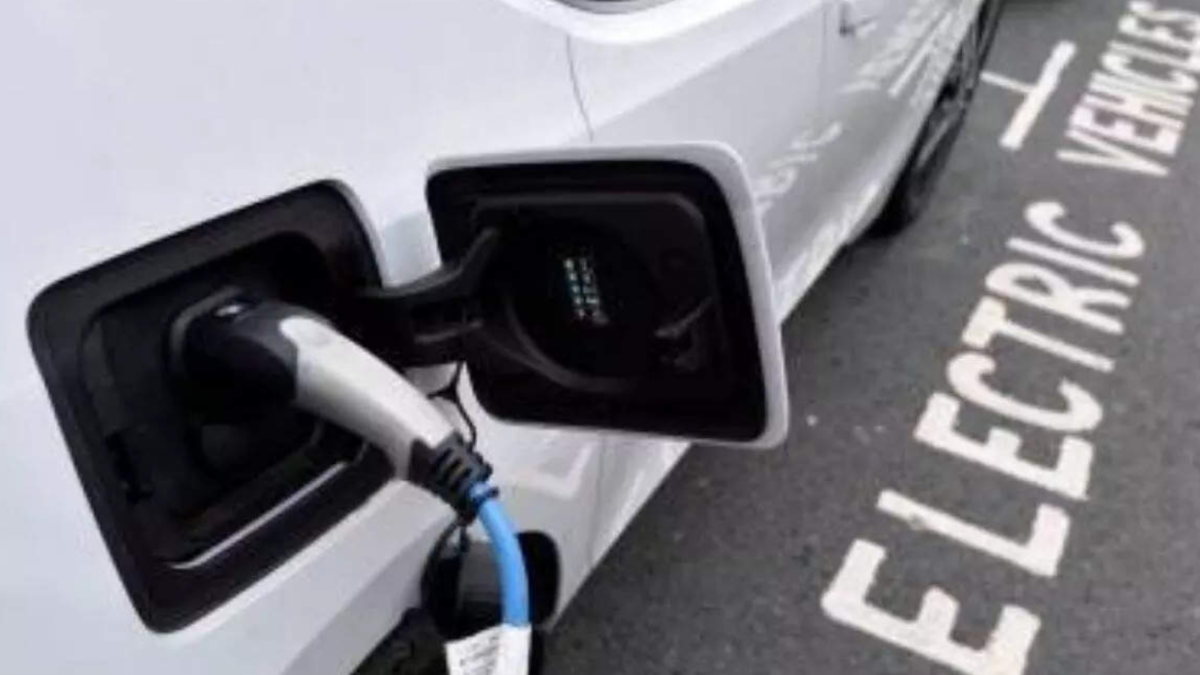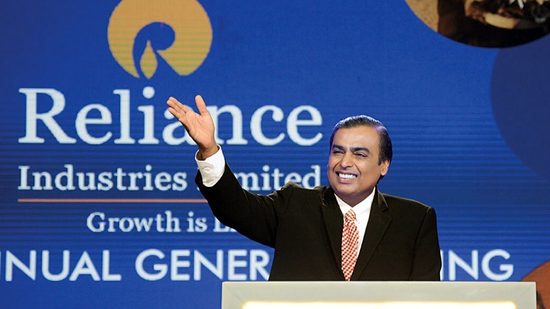
According to a recent study by the International Institute for Sustainable Development (IISD), India’s subsidies for renewable energy and electric vehicles more than doubled in FY 2022, but it will be crucial for the government to maintain this momentum over the following years to meet the nation’s climate targets.
The study, Mapping India’s Energy Policy 2022 (Update): Tracking Government Support for Energy, found that support for electric vehicles increased by 160% during the same time period, from Rs 906 crore to a record-high Rs 2,358 crore, while subsidies for renewable energy increased to Rs 11,529 crore in FY 2022 from Rs 5,774 crore in FY 2021.
According to the report, this increase is due to more stable policies, a 155% increase in solar PV installation, and the post-Covid economic recovery.
However, experts cautioned that to confirm this trend, the government must increase the support measures over the coming years to reach 500 GW of non-fossil capacity by 2030 and achieve net-zero energy use by 2070. These measures include subsidies, public finance, and investments by publicly owned companies.
This is due to the fact that, despite a large reduction from FY 2021, when support for fossil fuels was nine times greater, India continued to contribute four times more funding to clean energy than to fossil fuels in FY 2022.
India’s long-term goals of energy access, energy security, and combating climate change are at odds with continued support for fossil fuels, according to Swasti Raizada, a Policy Advisor at IISD and a co-author of the paper.
To achieve its long-term objective of being net-zero by 2070, the government will need to transfer its support from fossil fuels to renewable energy. This will entail creating a clear investment strategy and setting interim goals.
According to the report, subsidies for coal, fossil gas, and oil fell by 76% in real terms since FY 2014, totaling Rs 60,316 crore in FY 2022. Most significantly, oil and gas subsidies decreased by 28% to Rs 44,383 crore in FY 2022, however, this does not include lost income from lower tax and VAT rates on gasoline and diesel.
In all, India gave the energy industry at least Rs 5 lakh crore in support in FY 2022, including more than Rs 2.2 lakh crore in subsidies.
According to the paper, the societal costs of using fossil fuels on Indians vary from Rs 14 lakh crore to Rs 35 lakh crore, with the range representing uncertainty on the severity and expense of externalities such as air pollution and climate change.
“The government has the ideal chance to strategically use these enormous energy earnings to aid in the transition of citizens and companies to sustainable energy. Long-term, this would not only lower the societal costs of fossil fuels but also help India develop a cleaner and more cost-effective energy system “Raizada threw in.






Comments are closed.